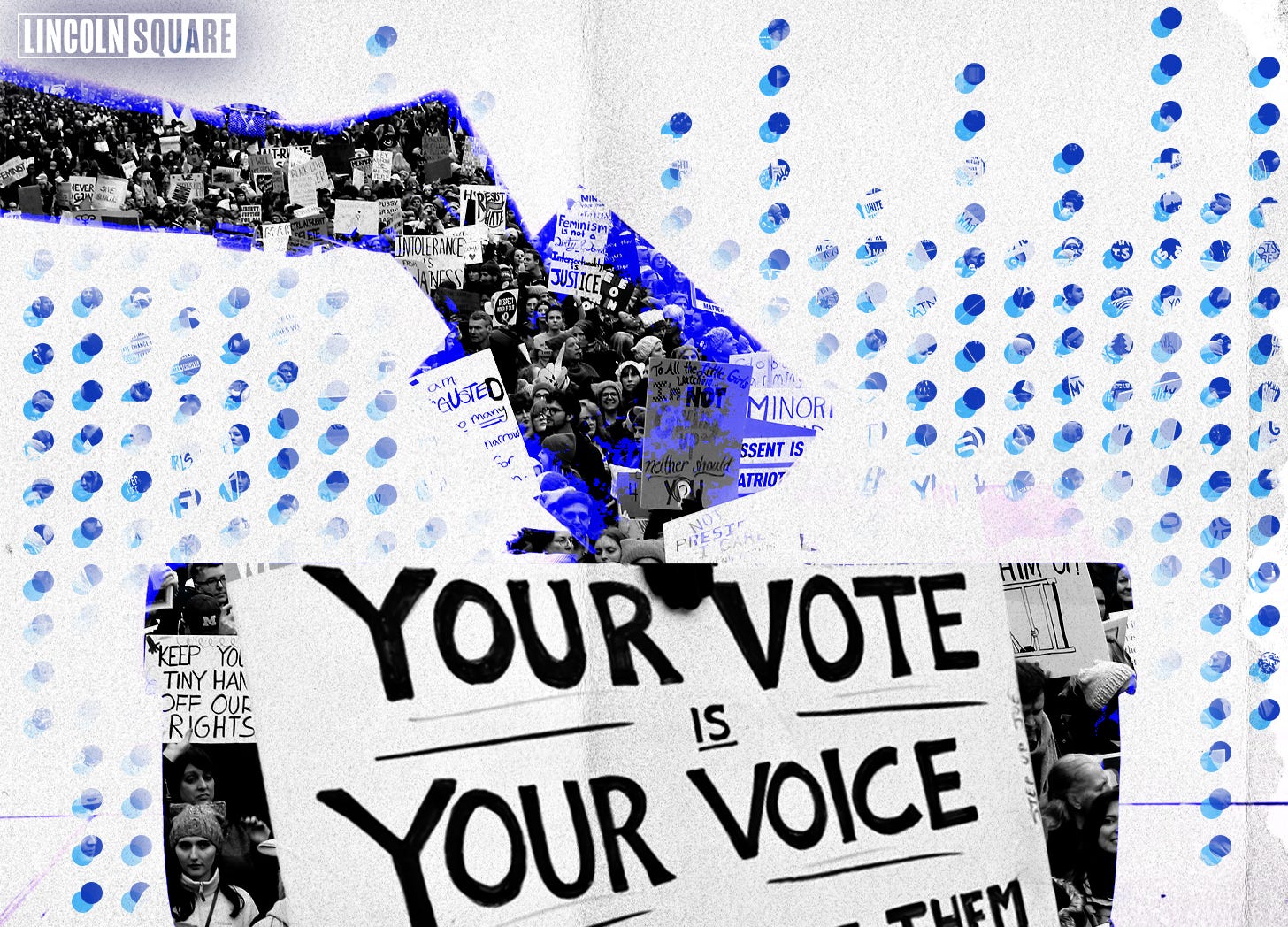Margins Matter: Landslides Are the Last Defense Against Authoritarians
In this era, close elections are suicide for Democrats.
There’s a strange kind of political amnesia that sets in every election cycle. People convince themselves that the way things feel in the moment is the way they’ve always been, or that a string of bad breaks means the system is permanently rigged against them. It’s human nature to turn frustration into fatalism, especially wh…





